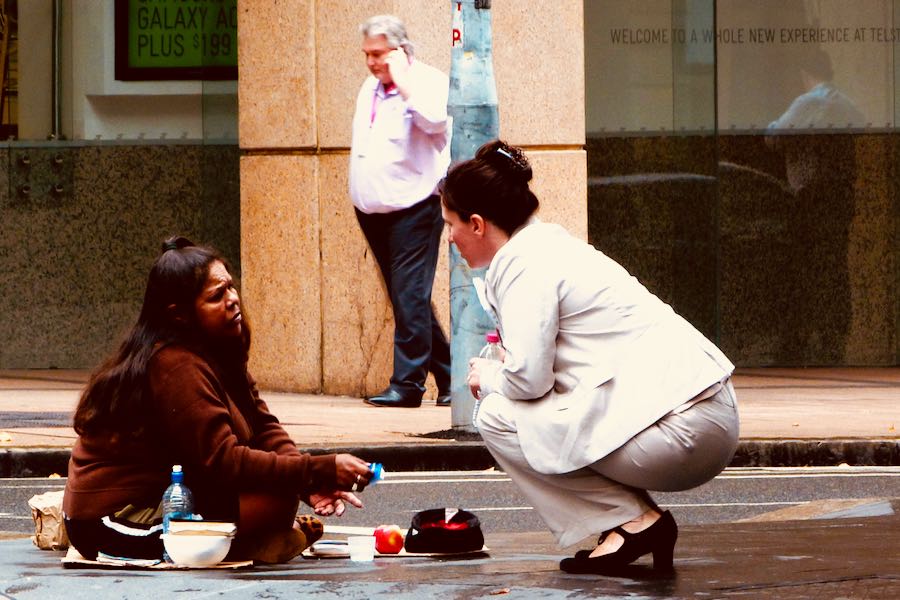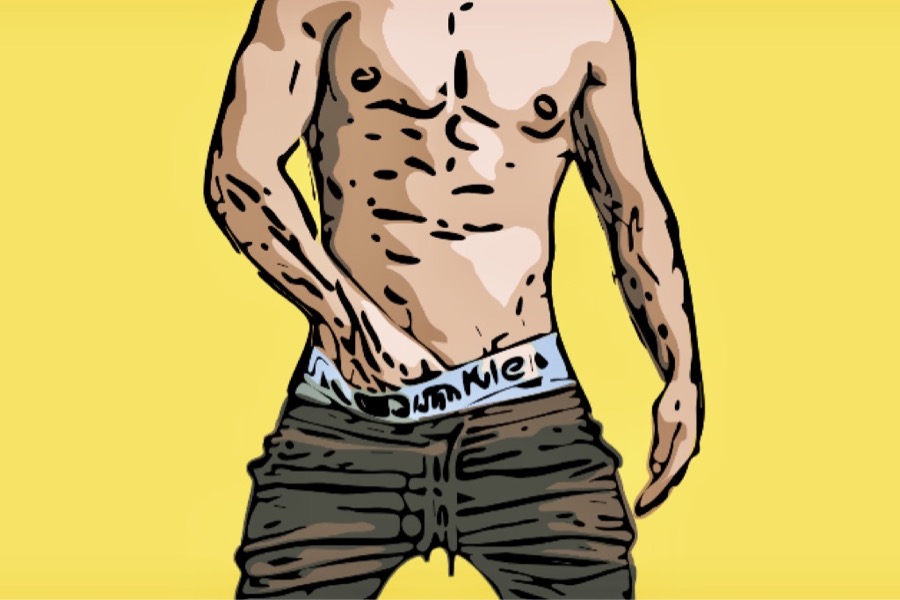Immigrants, refugees, homosexuals, Africans, Muslims, Romani: these are the categories most under attack by the media, continually subjected to discrimination, mistrust, hatred and marginalization. These days, propaganda from both left and right, is focusing on the so-called “immigrants”: those who land on our shores with boats, those who are invading our country, those who should go back to their home, those who flee from wars and catastrophes, those who must be accepted in the name of humanity.
Conflicting debates
On the one hand alarmism, hatred, fear for the different, on the other hand acceptance, tolerance and dialogue. For example, statistics are waved around to prove that the invasion theory is unfounded. Indeed, these people do not occupy our territory with the aim of subjugating the population, and despite the numbers, they are human beings in need and must be welcomed, understood and treated as equals.
One recurrent answer to this philosophy is: “Of course, let’s help them, but in their country“. This kind of mentality suggests that all uncomfortable foreigners should be removed from Italy. This mentality aims to keep these groups of people in a state of subjection, to create a low-cost exploitable labor force (called “slave trade 2018“); “migrants” as a commodity and the relationship with them as a measure to verify our degree of openness and tolerance.
Who is They?
A competition to whom has more friends that are gay, Muslim, or of color; even better if they landed in Lampedusa with an inflatable raft, so as to parade openness to diversity and lack of prejudice and to show we are not ignorant and insensitive. Let’s be honest: we all do it!
When we see a black guy we think: “Poor guy, I should smile at him, to make him feel at home.” When we see two guys kissing we think: “Oh Lord, two homosexuals!” When we see a veiled woman we speak a simplified Italian because she must be Arab. When we see a homeless person we turn our eyes away while we mumble: “I’m sorry, I don’t have change.” All of the listed above categories are part of the different, of the unlike others. But who are they?
They are all the people around us! Even another Italian like me: employed, married with three children, who votes for the same political party, who cheers the same sports team, and wears the same clothing is an “other”. Diversity and otherness are the basis of any relationship: from that with the supermarket’s cashier to that of a lover.
Extraordinary encounters
We are uniquely different yet we have a strong desire for connection, so we created a language made of glances, caresses, and words and through dialogue we discover diversity. Our life stories are nothing more than different combinations of elements with many points in common with each other, because we are also the same, in being human. This is why we can understand each other beyond the language we speak and from where we are born.
How can it be done? Clearing the view, to inspect inside ourselves and reach the deepest and purest part. We can call it soul, essence, spirit, humanity…it doesn’t matter, it is there in the center of the body, we all know very well what it is.
If we could make an effort, there would be no difference between an unpleasant person and a nice one, between a boring person and a funny one, between a close friend and an acquaintance, between a mother and a father, between a Muslim and an atheist, between a male and a female: they would all be part of the same infinite spiral of love. In some people it is easy to spot, in others not so much but it is up to us to localize it everywhere: this Beauty that in spite of everything continues to exist and resist. If we could make that effort, all the encounters would become extraordinary, making the only sensible question after the first handshake to be: “How are you?”
Rosanna Maryam Sirignano
translation by: Barbara Burgio
©2018 Il Grande Colibrì
foto: Leonard J Matthews (CC BY-NC-SA 2.0)
Read also:




